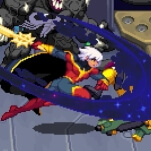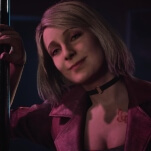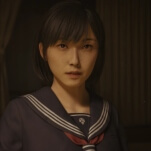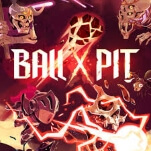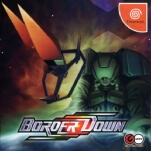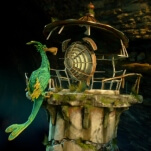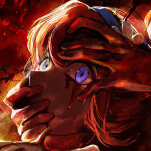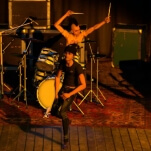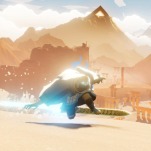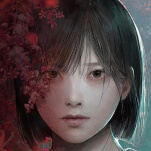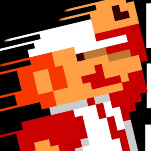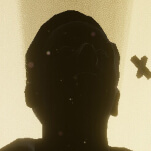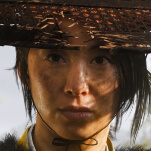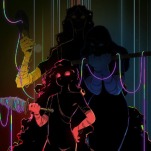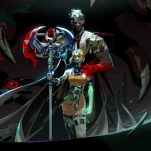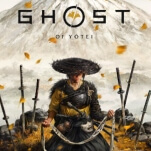The Pendulum Swings Back: On God of War and Sex and Violence in Games
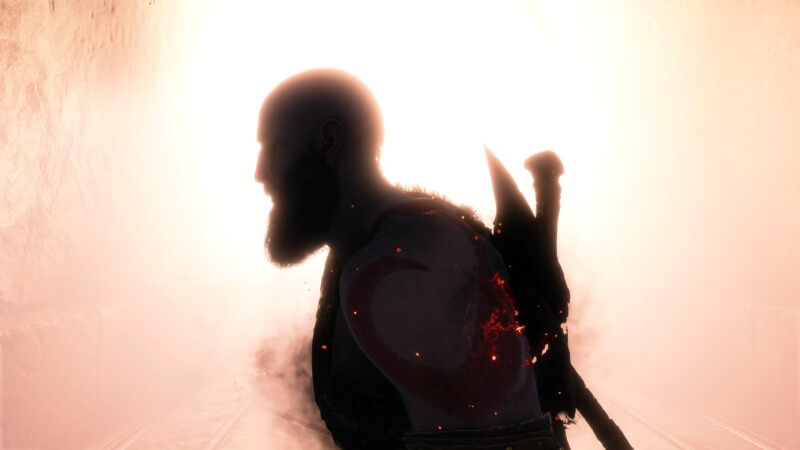
“When you’re in AAA development, you’re one person, you’re a cog, you’re part of a team, and so your individual perspective definitely can get lost.”
In the last decade, games producer Shayna Moon has worked on juggernaut titles: God of War Ragnarök, Gears of War: E-Day, Asgard’s Wrath 2. Their career spans experience as a producer, manager, and more across Sony’s Santa Monica Studio, Microsoft’s The Coalition Studio, and Meta’s Sanzaru, to name a few companies.
And yet, like thousands of others, Moon is currently looking for a job. They’ve been laid off three times in their career; two of those times in the last five years alone.
During this time, as Moon tells me during a lengthy interview via Google Meet, they’ve noticed how the game industry has been skewing toward conservatism. A predominantly white and male demographic, especially in leadership roles, in conjunction with the perpetual bleeding of talent and pushback against Diversity, Equity, and Inclusion initiatives (DEI), is having an impact on what we see portrayed in videogames, and how. In their words, the pendulum is swinging back—especially for portrayals of sex, romance, and diversity in various forms. Yet, the industry continues to agree on showing one thing: violence.
The introspection era
March 22 marked the 20th anniversary of the first God of War. Sony’s action-adventure game stood out amid a slate of similar genre-defining titles (Onimusha, Devil May Cry) thanks to its Greek coating, overreliance on Quick Time Events (QTEs), and, simply put, for being the edgy cousin in the family. During his bloodlust-fueled revenge plan against the Greek Pantheon, protagonist Kratos displays gratuitous, vicious violence against anyone who tries to stand in his way. But Kratos can also have sex, with the player following QTE prompts during minigame scenes.
These primordial portrayals of Kratos, the same ones that defined the franchise for over a decade, are a far cry from his depiction in 2018’s God of War. In this reboot of sorts, the former macho is shown more pensive, in part due to the presence of his son, Atreus. Kratos is now hellbent not on destruction, but on amending past mistakes. It’s a tale of redemption, trying to convince the audience through in-your-face monologues and story moments that he’s grown. He no longer invites the player to mash buttons and move the analogue sticks in zig-zag gestures to emulate thrusting. None of the women are half-naked either. Times have changed—in some aspects, at least. God of War continues to be (almost) as violent as ever.
When I wrote about the anniversary, I argued that this apparent growth was a good change for the series. The sex minigames not only invited media scandal and controversy, a common happenstance in the early 2000s. They also played into the damaging trope of objectifying women. Yet, the continuous presence of violence in the series makes for a dissonance that’s hard to grapple with, presenting a protagonist who continues to be allowed to rage, but now he apologizes afterward.
Moon worked with Santa Monica Studio as audio producer for God of War and narrative animation producer for God of War Ragnarök. Speaking as a player and consumer rather than a developer, as they’re unable to go into any internal conversations that Santa Monica Studio might have had, Moon looks at this new rendition of Kratos and wonders why he doesn’t have a sex scene with Faye, Atreus’ mother. In Ragnarök, Faye is a recurring character in the form of flashbacks, showing snippets of her relationship with Kratos before Atreus came around.
“When you take a character like Kratos and you strip away the sexuality, but the violence remains, I think that you’re kinda making a statement about how you feel about sexuality,” Moon says. “God of War 2018 is meant to be this sort of like more sober, more grounded reimagining or soft reboot of this character and this IP, and the fact that this sort of mature iteration of the franchise takes the sex out of it, it’s like, OK, what are you saying about sex? Are you saying that sex cannot be portrayed maturely?”
Moon doesn’t think that any of this was ever explicitly stated. Rather, it might be related to the more puritan roots of the United States, which can lead to associating sexuality with a kind of immaturity, lack of morality, or lack of goodness. There’s also another factor: the God of War series started back in 2005, spearheaded mostly by straight cis male developers who were young, single, and making a bunch of money all of a sudden.
Now, those same developers are coming into their 30s and 40s, and potentially have children, and that passage of time is being reflected in how they make games. It’s how we got the likes of The Last of Us and Telltale’s The Walking Dead, two of countless examples in the colloquially coined term “dad games,” to revolve around the experience of parenthood.
-

-

-

-

-

-

-

-

-

-

-

-

-

-

-

-

-

-

-

-

-

-

-

-

-

-

-

-

-

-

-

-

-

-

-

-

-

-

-

-



